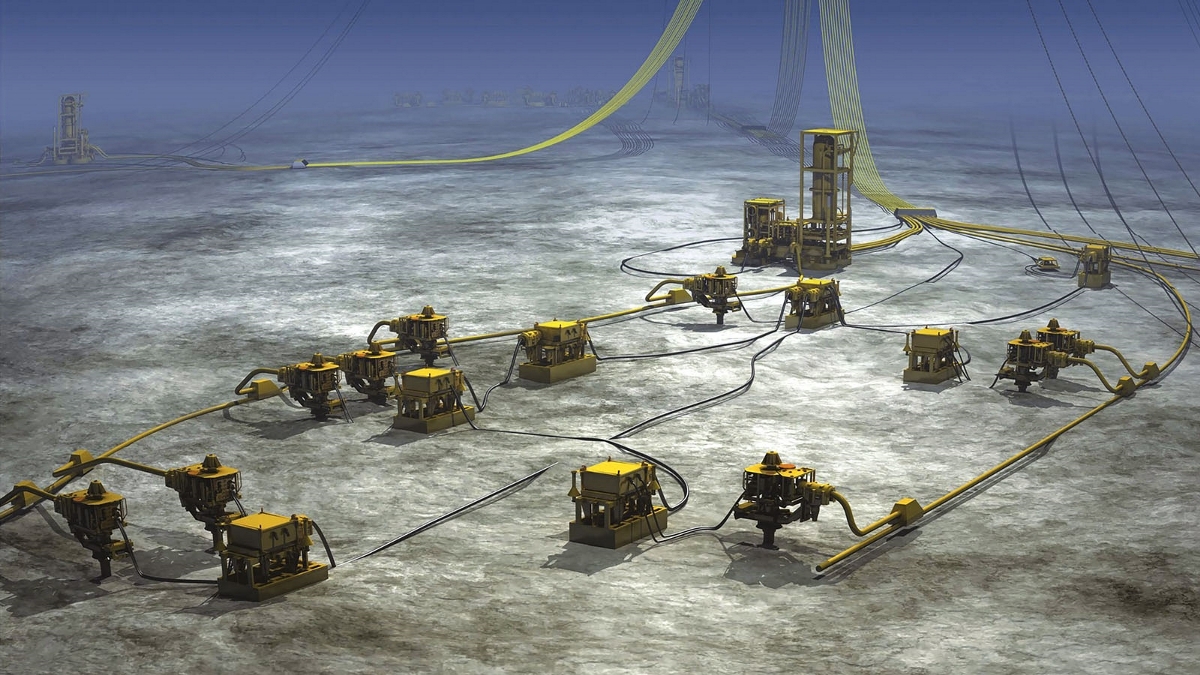Specifically, and in accordance with the NAPTA’s PDS®, it is about the following services:-
- Setting up the work breakdown structures
- Cost estimating and risk analysis
- Establishing and controlling budgets
- Time-phasing of expenditures
- Coordinating drawdown of contingency
- Managing changes, and assessing their impact
- Tracking and assessing the impact of ongoing risks and opportunities
- Reviewing contractor reports
- Cost forecasting, including probabilistic analysis
- Monitoring physical progress against plan
- Conducting earned value analysis
- Reporting including providing accurate and timely information to meet the needs of the stakeholders
The Cost Engineer provides critical support to the Project Manager and his/her team. Their ability to steer the project toward a successful conclusion depends on the reliable output of the Cost Engineer.
We sometimes think of the Cost Engineer as the one who does ‘cost control’. This is misleading, however, since the Cost Engineer does not actually have direct control of costs. Instead, the Cost Engineer gathers and analyses data, and communicates valuable information to those who can influence costs.
Much of the Cost Engineer’s input data during execution originates with the project’s contractors. It is therefore important to establish positive working relationships with the contractor’s Cost Engineers. Although the two sides won’t always agree on all details, they must be aligned on terminology, which data is to be reported at which frequency, and which way costs are trending.
For more information please contact NAPTA International B.V.




